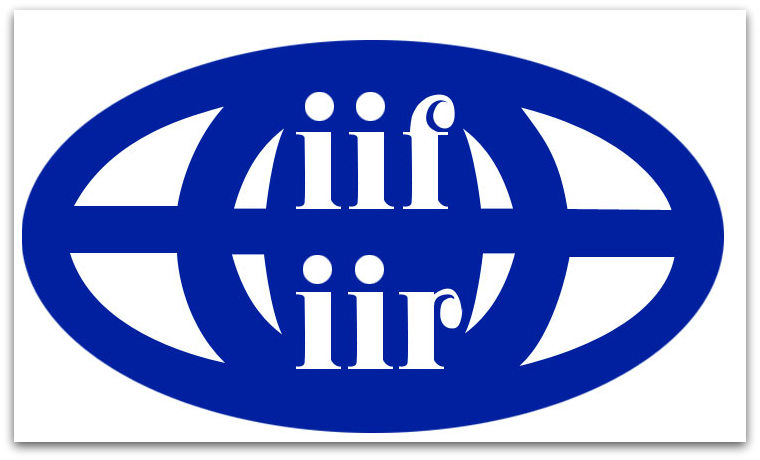Influence of ultrasound on freezing and the quality of frozen fruits and vegetables
DOI: 10.17586/1606-4313-2024-23-1-71-78
UDC 664.08.037
Burak Leanid Ch., Sapach Alexandr N., Pisarik Maksim I.
Keywords: fruits, vegetables, ultrasound, cavitation, efficiency, freezing time, quality, color, chemical composition.
UDC 664.08.037
Influence of ultrasound on freezing and the quality of frozen fruits and vegetables
For citation: Burak L.Ch., Sapach A.N., Pisarik M.I. Influence of ultrasound on freezing and the quality of frozen fruits and vegetables. Journal of International Academy of Refrigeration. 2024. No 1. p. 71-78. DOI: 10.17586/1606-4313-2024-23-1-71-78
Abstract
Freeze canning is an effective method of preserving the quality and nutritional value of fruits and vegetables as well as extending their shelf life. The freezing speed affects the quality of frozen fruit and vegetable raw materials. The purpose of this work is to review the results of scientific research on the use of ultrasonic technology as a pre-treatment of fruits and vegetables before freezing. A scientific research analysis shows the feasibility of using ultrasound as a pre-treatment of fruits and vegetables before freezing. Compared with conventional freezing, an additional use of ultrasound during freezing helps to reduce freezing time and also improves physicochemical quality indicators, including moisture loss, color, hardness, chemical composition, total amount of phenols and anthocyanins, as well as microstructure. This review shows the cavitation effect of ultrasound and its effect on freezing time as well as the physicochemical properties of frozen fruits and vegetables. At the same time, the use of ultrasound when freezing products can have a negative impact on the freezing efficiency and quality characteristics of the product due to the uneven distribution of ultrasound power. It is necessary to conduct additional research to determine the appropriate parameters for ultrasonic treatment, taking into account the composition of fruit and vegetable raw materials, its physicochemical properties, as well as modifications of freezing equipment.
Abstract
Freeze canning is an effective method of preserving the quality and nutritional value of fruits and vegetables as well as extending their shelf life. The freezing speed affects the quality of frozen fruit and vegetable raw materials. The purpose of this work is to review the results of scientific research on the use of ultrasonic technology as a pre-treatment of fruits and vegetables before freezing. A scientific research analysis shows the feasibility of using ultrasound as a pre-treatment of fruits and vegetables before freezing. Compared with conventional freezing, an additional use of ultrasound during freezing helps to reduce freezing time and also improves physicochemical quality indicators, including moisture loss, color, hardness, chemical composition, total amount of phenols and anthocyanins, as well as microstructure. This review shows the cavitation effect of ultrasound and its effect on freezing time as well as the physicochemical properties of frozen fruits and vegetables. At the same time, the use of ultrasound when freezing products can have a negative impact on the freezing efficiency and quality characteristics of the product due to the uneven distribution of ultrasound power. It is necessary to conduct additional research to determine the appropriate parameters for ultrasonic treatment, taking into account the composition of fruit and vegetable raw materials, its physicochemical properties, as well as modifications of freezing equipment.
Keywords: fruits, vegetables, ultrasound, cavitation, efficiency, freezing time, quality, color, chemical composition.












